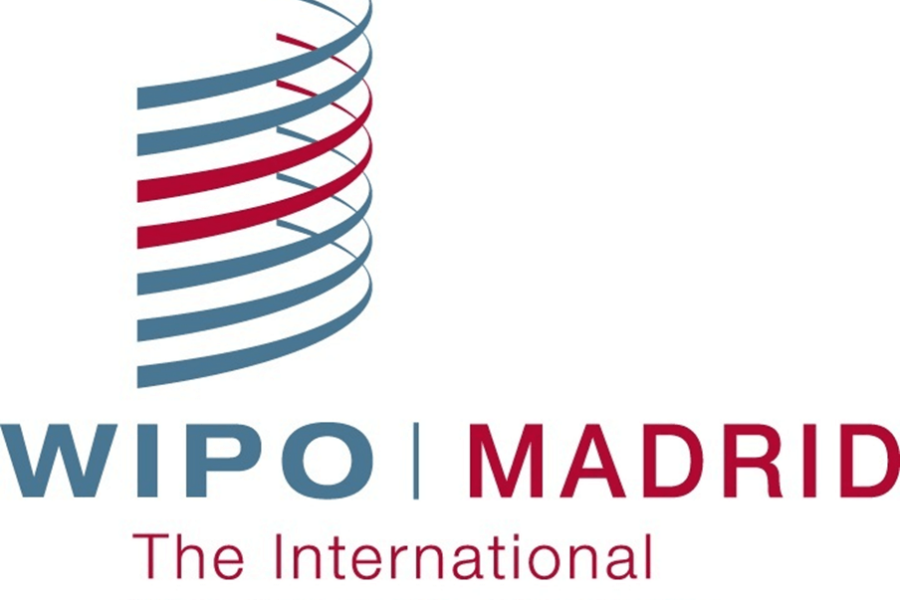
What is the Madrid Protocol system and how does it work?
3rd August 2023 by Tiff Elmer
If you are looking to protect your trade mark(s) internationally then the Madrid Protocol system may be beneficial to you.
The Madrid Protocol is an international treaty that went into force in 1996 and allows trade mark owners to register their mark(s) in multiple countries through a single application. The Protocol is administered by the World Intellectual Property Organisation (WIPO) and currently has 114 members covering 130 countries. The latest country to join was Mauritius in February 2023. Please see an up-to-date list of all of the countries that are, as of the date of this article, members here
There are many benefits to using the Madrid Protocol, but below highlights three key benefits.
- Cost-effective. It is generally a far cheaper way to register trade mark(s) in multiple countries. The fees for filing an international application are far lower than the fees for filing separate national applications in each country.
- Time-efficient. The Madrid Protocol streamlines the trade mark registration process via one single application. Once an international application is filed, it is examined by WIPO and then transmitted to the selected countries. This eliminates the administration and time to file separate applications and go through separate examination processes (which are effectively the same) in each country each time.
- Subsequent designation. The Madrid Protocol provides flexibility to add further territories to the registration after the original application has been registered. This will be far cheaper than filing an application from scratch in a new territory and once registered, will be alive for the remainder of the original registration’s term until renewed. This is particularly beneficial to businesses which go on to expand into different countries as their business grows over time. For example, if register the name “Cosy Bear” for a bag business in Australia, and two years later I open a store in New Zealand, I can add New Zealand to my Australian registration.
To use the Madrid Protocol, a trade mark owner must first file a basic application in their home country. The basic application must meet the requirements of the home country’s trade mark law. Once the basic application is registered, the trade mark owner can then file an international application designating the countries in which they wish to register their mark. There is no limit on how many countries you file your trade mark, but it is, of course, advised this is in the countries you trade mark is or will be used.
The above is not to say that you have to use the Madrid Protocol when filing international applications as you do have the option to use agents to file separate applications nationally. If you are only looking to protect your trade mark in one international territory then sometimes it can be just as cost effective and time efficient to use a national agent rather than the Madrid Protocol. At Laceys, we work with you to find out what you want to protect, which countries are of interest to you and where you see your business operating now and in the future in order to determine which route is best for you.
If you are considering registering your trade mark internationally and want to know more, please contact Tiff Elmer at t.elmer@laceyssolicitors.co.uk or on 01202 377814.



